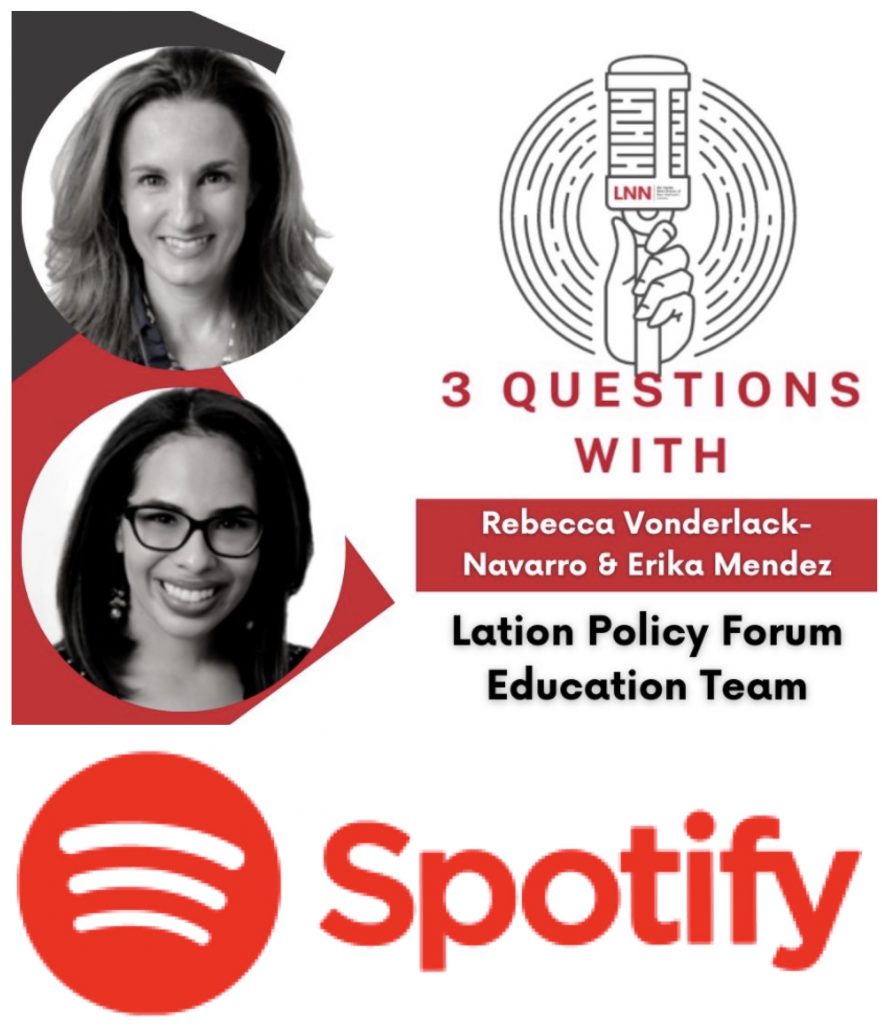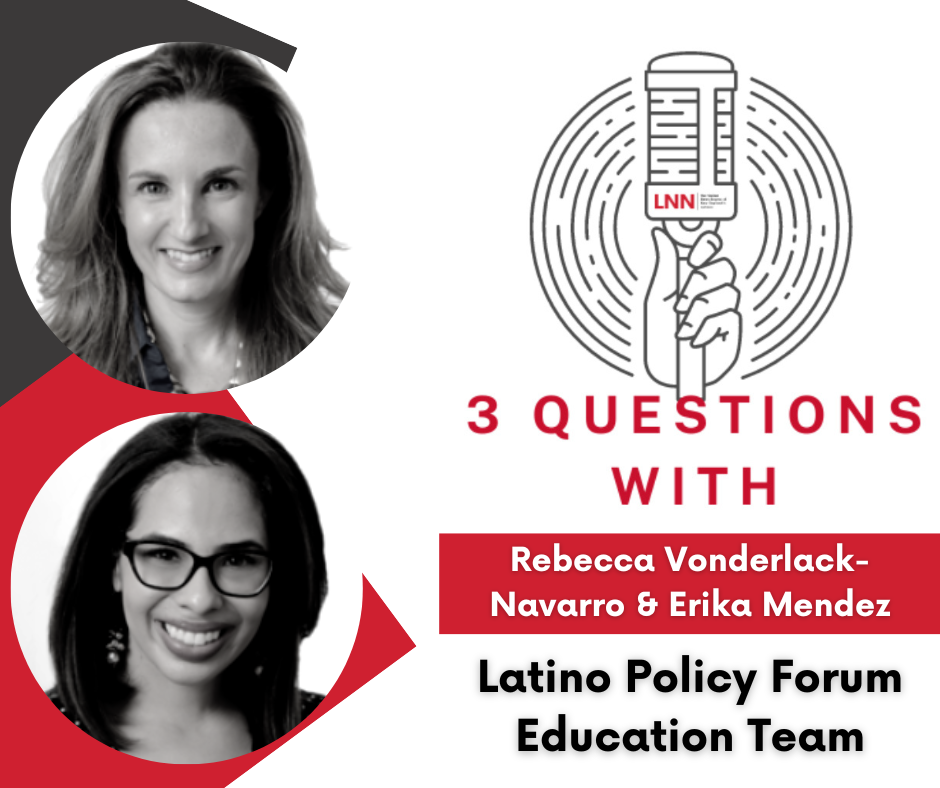With over 12 percent of the students enrolled in Illinois public schools during the 2020-2021 school year considered English Language Learners, Illinois has the fourth highest concentration of English Learners in the U.S. These students, many of whom are Spanish-speaking Latinos, face a unique set of barriers that research and advocacy groups are looking to solve.
The Latino Policy Forum’s mission is to build equity, justice and economic prosperity for the Latino community through advocacy and analysis, focusing specifically on education, housing, immigration and leadership. The Education team’s vision is for Latinos and English Learners to have access to equitable education, leading to economic prosperity. They believe that a recent study conducted by the University of Chicago illuminates one path towards this goal.
“Illinois has been one of the first states in the country to make robust investments in childcare and preschool starting in the ‘80’s and ‘90’s. We were one of the earliest states to establish a state funded preschool program with infant-toddler embedded into that, and we’re seen as a national leader in home visiting services,” said Erika Mendez, Associate Director of Education of the Latino Policy Forum. “But we have to acknowledge that our current system has some real limitations to how we’re able to do some of this work, and I think this new research out of the University of Chicago presents the state with an opportunity to say we have real tangible research on how we can improve the outcomes and the supports that students receive early on…” she said.

Latino News Network hosted Rebecca Vonderlack-Navarro and Erika Mendez of Latino Policy Forum’s (LPF) education team on the 3 Questions With… podcast to discuss the needs of bilingual and English Learner students in Illinois.

Vonderlack-Navarro leads a team that focuses on promoting quality bilingual education programming and equitable access to early childhood programming. Her advocacy work concentrates on the shortage of qualified bilingual and bicultural educators in the state, and she is also a state-appointed member of the Illinois Advisory Council on Bilingual Education. She says her passion for her work comes from being the wife of an immigrant, working with immigrants, and living in Latin America for a number of years.

“I felt really tied to the culture and the language and was just really excited about it,” she said. “When I first started working in education I actually started with parents and when I was talking with immigrant parents, they talked about some of the main issues that they worried about in life were the education of their children and they worried about access to early childhood,” she explained, adding that these concerns lead to LPF revamping its agenda.
Erika Mendez promotes LPF’s advocacy work and policy work in education, including family well-being in the current socio-political immigration climate, Latino access to early childhood opportunities and the bilingual workforce shortage. Through her work, she brings awareness to the issues that Latino and English Learner children in Illinois face and works towards policy solutions that promote equity. Mendez says that growing up in a Spanish-speaking household and receiving ESL “pull-out” support in school gave her first-hand experience on how disruptive the bilingual education system was.
“I wasn’t really able to access a lot of the things that my peers in the class were learning and was often coming in in the middle of a lesson where I wasn’t really able to catch up,” said Mendez. “But a lot of what I saw growing up as the most critical points of intervention and of attention are in those five first years of life, and so when you are intentional about programming and about the teachers who are in front of the students… then you really are able to support a student when they really need it the most.”
The English Learners in Chicago Public Schools study explored the influence of pre-k and early grade school had on English Learners.
“About 74% of the current English learner population is Latino, Spanish-speaking. They tend to be concentrated in the pre-k to third grade years and so it’s a critical time of language and literacy development and we were so honored to collaborate with the University of Chicago on a wonderful study that’s showing how important those early years are for English Learners and how we can get these kids on a path to kindergarten readiness and long term success,” said Vonderlack-Navarro.
Some key takeaways from the study show that attending CPS pre-k supported English Learners’ development of the language and early reading skills, attending full-day class versus half-day made a difference in terms of readiness and literacy, and that the benefits of these differences were detectable as far as the third grade.
Vonderlack-Navarro touched on the assimilation culture many immigrant and Latino families experience- a push to adopt American culture and speak English as quickly as possible, in fear that speaking Spanish will be a barrier. She says this study and its predecessor from 2019 prove that this isn’t the case.
“I think there’s been strong assimilationist philosophies that have always existed: the more English the better, the quicker you forget that home language and culture, the better you’re gonna succeed in school. And there’s been a counter narrative that’s been saying no, no, no, no, actually that home language is an asset to learning.” she said.
Vonderlack-Navarro added, “This gives us fuel as an organization to say how do we make sure we strengthen bilingual education throughout the state and we can get into details about this, but I think it’s access to early childhood that honors language and culture, it’s bilingual preschool, it’s making sure we have strong bilingual educators and we need more educators that reflect the kids they’re serving.”
Publisher’s Notes: Illinois Latino News (ILLN) partners with the Latino Policy Forum in best serving the diverse Latino communities of Illinois.
